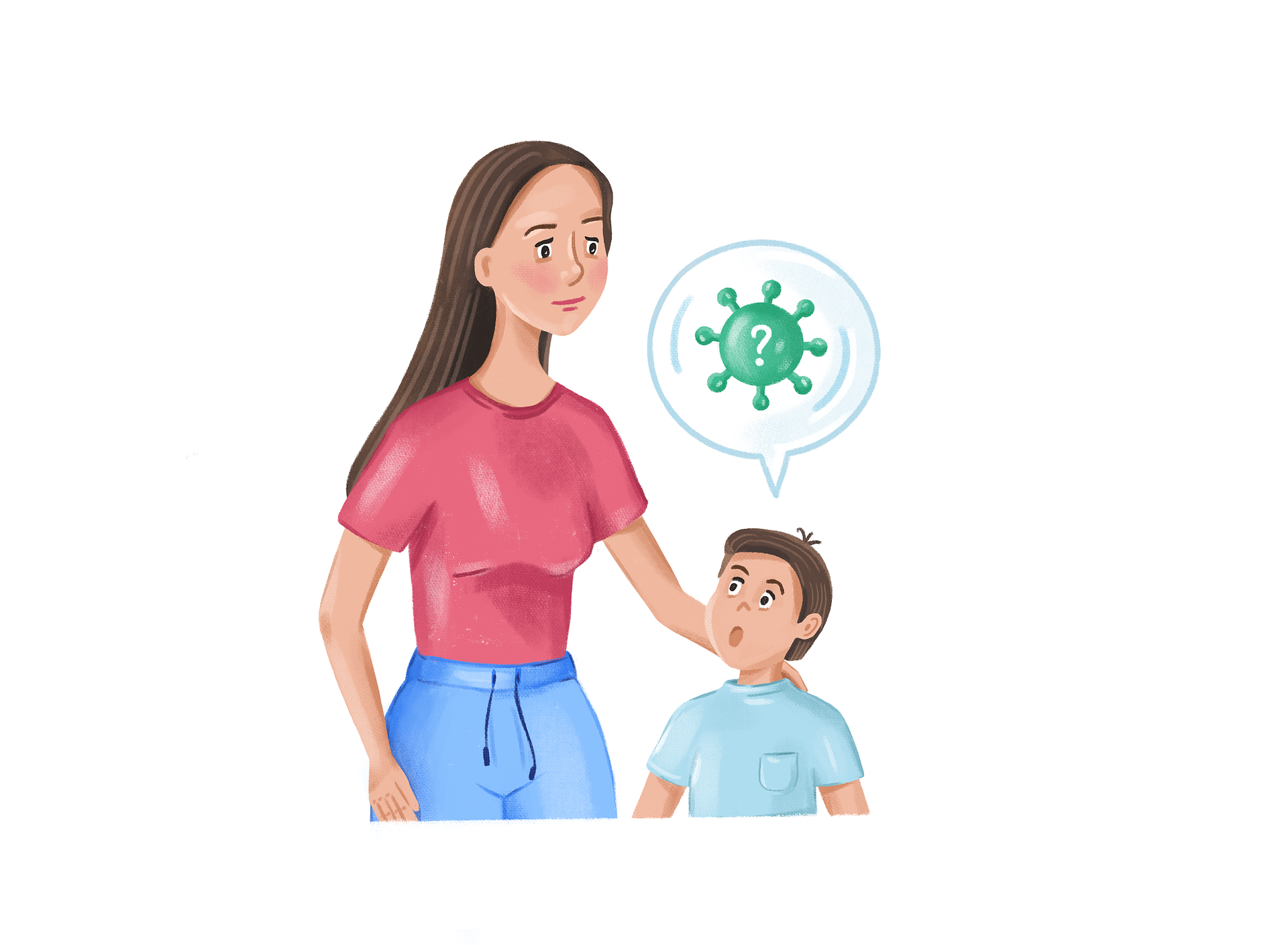When it comes to speech and language delays, parents often ask what to look for, what age should speech therapy start, and what are the early signs or “red flags”.
Deciphering if speech or language is a challenge for your child, may not be as straightforward as you may think. When it comes to catching the early signs of a speech delay, parents have many questions.
If I have concerns about my baby not talking, what age can I bring them to a speech therapist?
 Communication develops before a child’s first birthday. For instance, they make cooing sounds, babble, and their own jargon. This is how they express themselves pre-language.
Communication develops before a child’s first birthday. For instance, they make cooing sounds, babble, and their own jargon. This is how they express themselves pre-language.
Between the ages of 18-24 months is when speech concerns come into play. Typically, when parents start comparing their child with others of similar age.
Other speech concerns happen when a child is older, those are typically related to reading, articulation, and pronunciation.
Who typically notices “red flags” in a child’s speech and language development?
Often time it’s a joint effort between the parent, physician, or teacher who brings up some concerns. The exact issue is usually not known, until the child has an evaluation by a speech therapist. But all situations are different, some parents identify red flags sooner than others.
How important is early intervention with communication challenges?
Early intervention can make all the difference. In fact, many children who were treated early have gone on to develop normal communication and language skills. It is not uncommon for speech issues go hand in hand with behavioral issues. This is the result of frustration they experience.
At First Words Therapy, we understand how difficult it can be and provide children and their families with strategies on how to handle these issues.
If you’re concerned about your child’s speech-language development it is important to be proactive. We encourage you to contact First Words Speech Therapy, we provide a comprehensive evaluation for a variety of speech, language, and occupational needs. We are dedicated to providing personalized care to meet your child’s speech and language needs.


